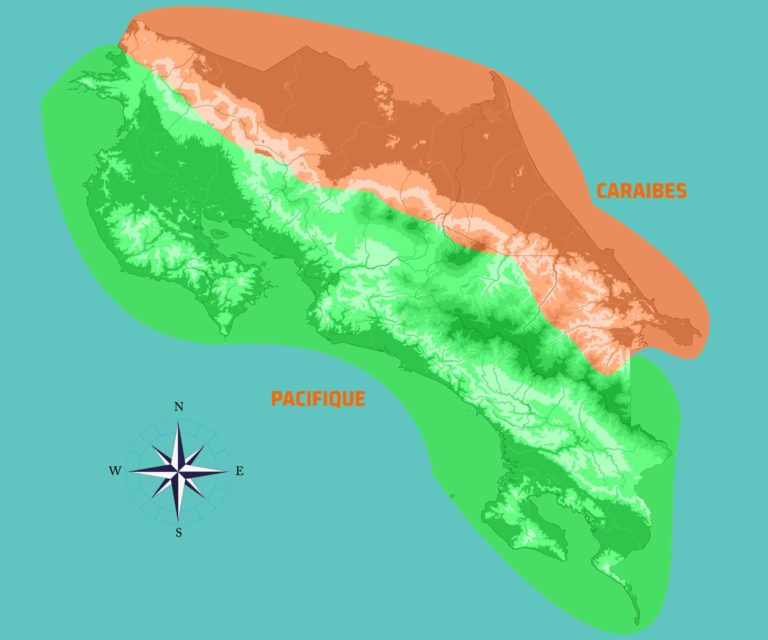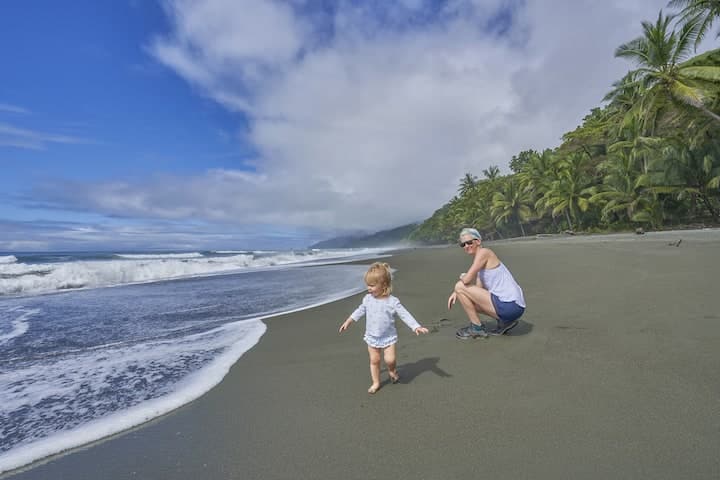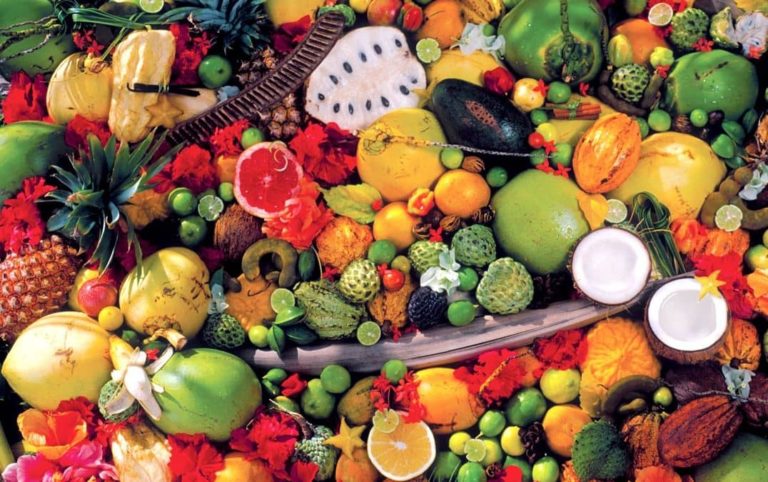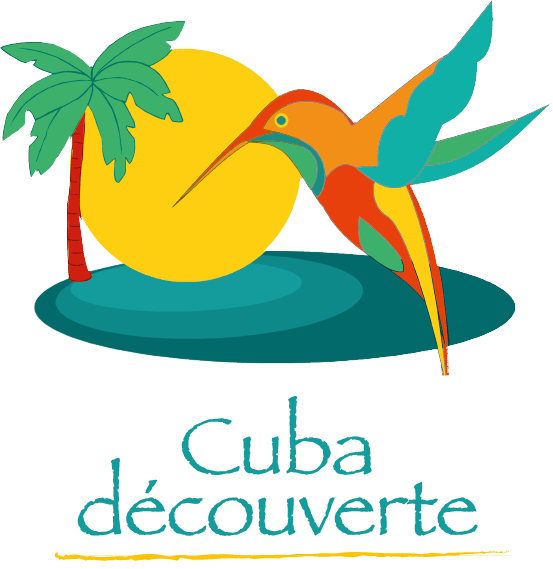Top 5 Sports in Costa Rica
You’d like to fine-tune this trip as best you can, and we understand. But the choices are vast and time is limited. For this reason, we’ll try to outline the main things to do during your trip. A short guide to a taste of your dream vacation.
This list is not exhaustive, but it’ll help you approach Costa Rica in the best possible way, without making any mistakes…
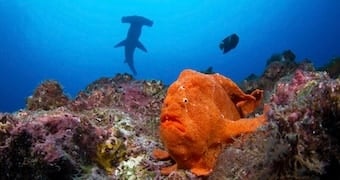
Cocos Island
Cocos Island is a world-renowned site off the coast of Costa Rica. This national park is a UNESCO World Heritage Site, renowned for its waters rich in marine life, particularly hammerhead sharks, tiger sharks, manta rays, and sea turtles. Access is only by boat, and it takes 36 hours to reach this piece of rock. You’ll need to stay at least 7 days. It’s the Holy Grail, but the price is $5,000 for 10 days, including 7 days of diving per person, all inclusive.
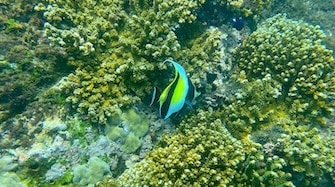
Isla del Caño
Off the southern coast of Costa Rica, near the Osa Peninsula, Isla del Caño is another popular spot, boasting a variety of tropical fish and coral. It’s one of the easiest places to access and boasts incredible biodiversity. A must-see, just 40 minutes from the coast. Here you can see reef sharks, turtles, rays, moray eels, and a multitude of tropical fish.
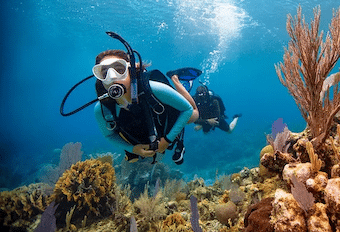
Tortuga Island
Located in the Gulf of Nicoya, this is an excellent spot for snorkeling rather than scuba diving. Here you’ll find coral reefs, tropical fish, eagle rays, sea turtles, and other marine life. It’s more recommended for snorkeling (fins, mask, and snorkel).
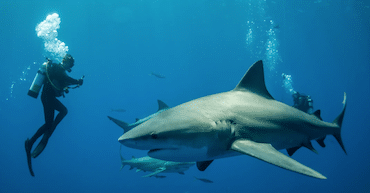
Playas del Coco
Ocotal, a small resort town on the Guanacaste coast, is an ideal starting point for diving excursions in the Guanacaste region. Clubs mainly focus on Las Catalinas or Murcielago, depending on your level and the season. Both sites offer opportunities to see a variety of tropical fish, oceanic manta rays, bull sharks, and reef sharks. The best time to go to Murcielagos is from May to November, when the winds are calm.
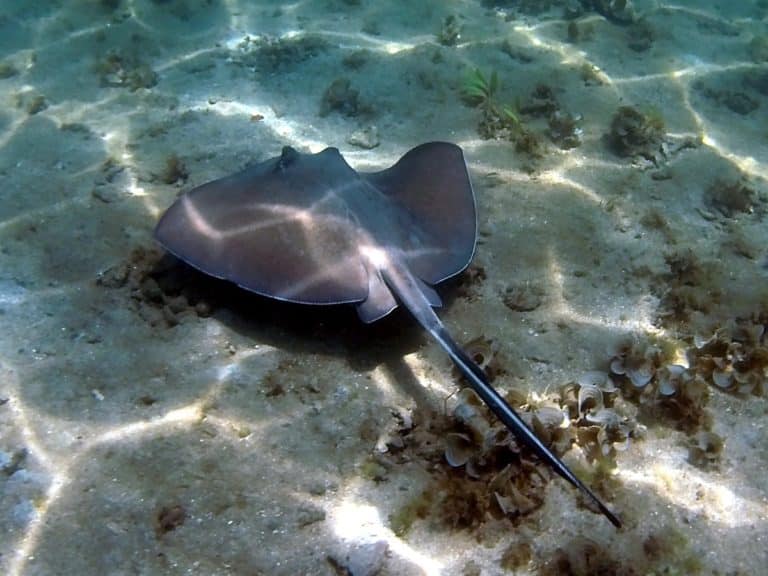
Puerto Viejo de Talamanca
On Costa Rica’s Caribbean coast, you’ll find dive sites such as Cahuita National Park and Gandoca-Manzanillo National Park. These areas offer impressive marine diversity, with coral reefs, exotic fish, and sometimes even dolphins.
Various certified dive centers are located along the coast. Be sure to follow marine environmental protection rules, such as not touching coral or marine creatures.
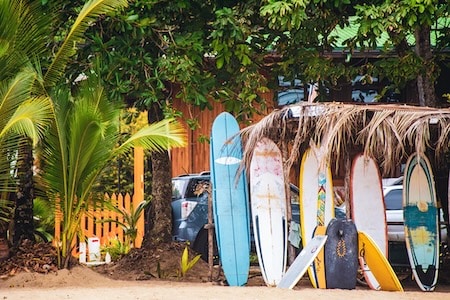
Surfing in Costa Rica
Surf spots in Costa Rica are located on both the Caribbean and Pacific sides. From north to south, you’ll find surfers everywhere. Whether you’re a beginner or an expert, you’ll find something to suit your needs. It’s important to note that surfing presents risks. It’s therefore essential to trust the locals and do your research before setting out anywhere. We also recommend bringing a minimum of equipment with you, as it’s not always easy to find a specialized shop.
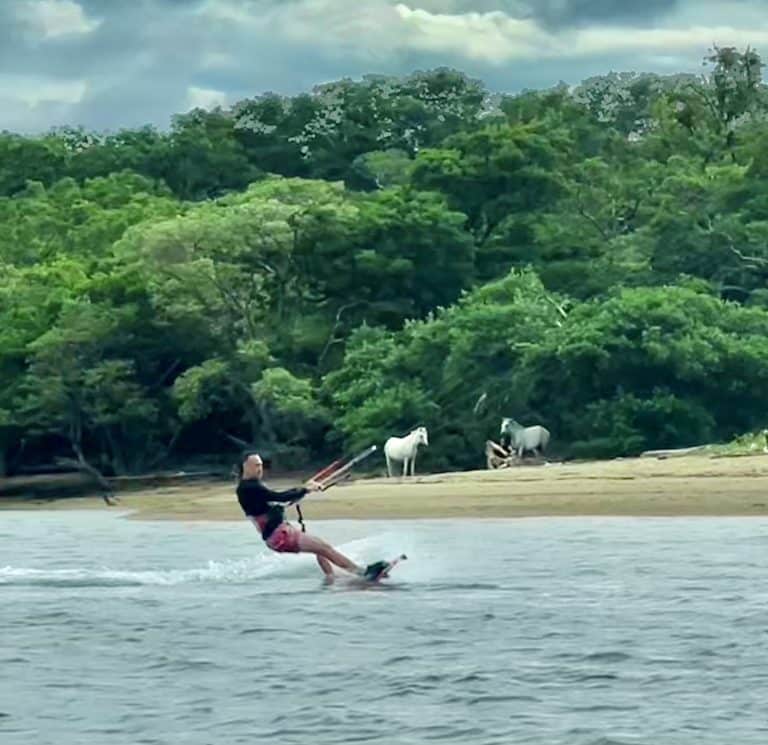
Kite Surfing in Costa Rica
Kitesurfing in Costa Rica has grown significantly in recent years. You can practice it as an amateur kitesurfer or even try it yourself, both on the lake and at sea. We recommend checking the insurance policies of the providers, as some are not really official or registered, and in the event of an accident, you would be out of pocket.
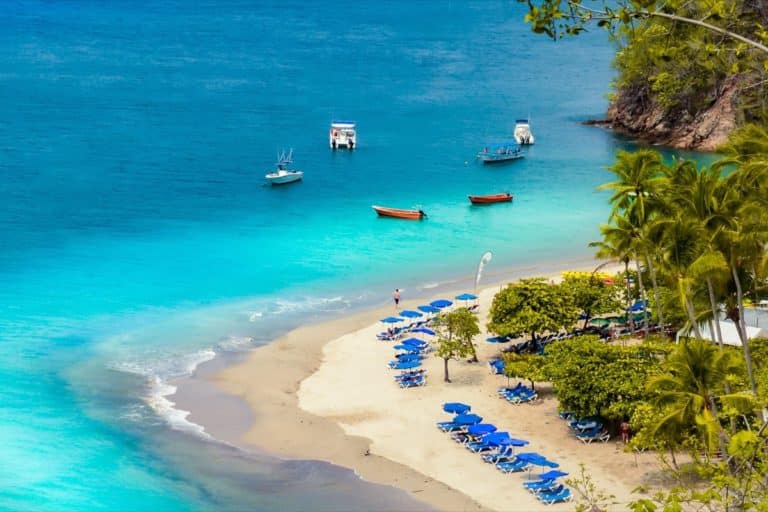
The best canopies in Costa Rica
However, not all are created equal, and the experience varies from one to the next. We particularly recommend the La Fortuna region to enjoy cables over a kilometer long and majestic views of the lake and the Arenal Volcano. Monteverde and Santa Elena also offer excellent facilities and exceptional views for this activity. A short distance from the Poas Volcano, a magnificent spot offers ziplining, with no fewer than 24 platforms.
In the north of the country, some nice surprises await you. Near the Rincon de la Vieja volcano, the Buena Vista De Rincon hotel offers a beautiful zipline course.
Towards Guanacaste, Congo Trail Canopy is a must. Towards Samara, WingNuts Canopy offers a short course accessible to young children. As you travel down the Pacific, you can zipline to Jaco, Manuel Antonio, Dominical, and even Palmar.

Rafting
Costa Rica, with its many turbulent rivers, is particularly well-suited to rafting. World-class rivers such as the Pacuare, Sarapiquí, Reventazón, Savegre, and Naranjo offer exciting experiences. The rivers range in difficulty from beginners to experienced rafters.

Canyoning
Costa Rica’s mountainous regions are full of spectacular waterfalls and canyons, offering exceptional canyoning opportunities. You can combine hiking, climbing, and rappelling along dizzying waterfalls. The most picturesque are in Arenal, Monteverde, Turrialba, and Uvita.

Kayaking
For a more intimate river experience, kayaking is a great option. Costa Rica’s rivers offer rapids suitable for both beginners and experienced kayakers. The Savegre, Sarapiqui, and Reventazon are ideal for this activity. The Tortuguero canals are particularly well-suited for kayaking.

Tubing
This is a more relaxed, even family-friendly alternative to rafting. Here, you travel down the river in an inflatable tube. It’s a fun, family-friendly excursion, offering a relaxed experience on calm rivers with a few rapids that add to the fun.

Freshwater fishing
Costa Rica’s rivers and streams are teeming with tropical fish. Freshwater fishing is very popular, and you might catch species such as tarpon, rainbow trout, gaspar, or even Machaca, a species popular with fly fishermen and endemic to Costa Rica.

Wildlife observation
Costa Rica’s rivers flow through ecosystems rich in biodiversity. Boat tours allow you to observe exotic birds, monkeys, iguanas, turtles, caimans, crocodiles, and other wildlife.
This article is far from exhaustive. We recommend that when planning your trip and researching tours in Costa Rica, you take these elements into account to ensure a trip that suits you. We are also here to advise and guide you in your desires.
A recent look at Costa Rica
Why travel with us?

A flawless reputation since 2008

A single contact in English

Our presence on the ground all year round

Our expertise for a tailor-made offer

